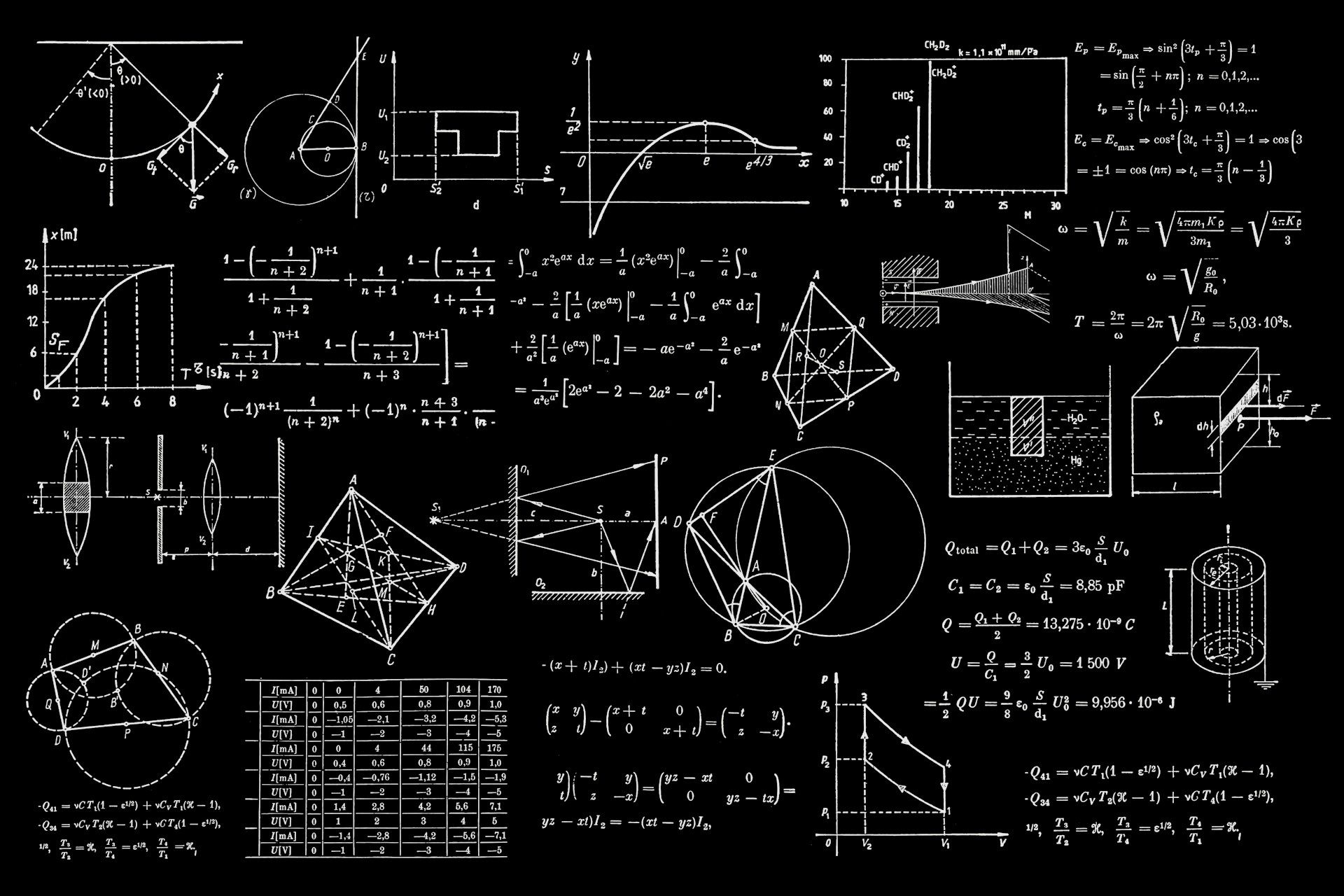
Project Eleven, a quantum computing research and advocacy firm, has launched the Q-Day Prize, a global competition offering 1 bitcoin (BTC) to the first team able to break an elliptic curve cryptographic (ECC) key, the cryptography which secures the Bitcoin network, using Shor’s algorithm on a quantum computer.
Shor's algorithm is a quantum computing method that efficiently factors large numbers into their prime components, theoretically allowing quantum computers to break cryptographic algorithms like RSA and elliptic-curve cryptography used in Bitcoin and other blockchain networks.
The contest comes as quantum computing advancements mean that a workable quantum computer might only be years away. Project Elevent has also identified more than 10 million bitcoin addresses with non-zero balances potentially at risk of quantum attacks.
The Bitcoin community is aware of the quantum computing threat and is working on solutions.
As CoinDesk previously reported, a Bitcoin Improvement Proposal (BIP), titled Quantum-Resistant Address Migration Protocol (QRAMP), was introduced in early April, which suggests enforcing a network-wide migration to post-quantum cryptography to safeguard Bitcoin wallets. This would require a hard fork, however, and getting that sort of consensus would be an uphill battle.
Quantum startup BTQ has also proposed its own solution: a quantum-based alternative to Bitcoin’s Proof of Work called Coarse-Grained Boson Sampling (CGBS).
CGBS works by using quantum computing to generate unique patterns of photons (light particles called bosons), replacing traditional mining puzzles with quantum-based sampling tasks for validation. But this also requires a hard fork, and the appetite for such a change isn’t yet known.
免责声明:本文章仅代表作者个人观点,不代表本平台的立场和观点。本文章仅供信息分享,不构成对任何人的任何投资建议。用户与作者之间的任何争议,与本平台无关。如网页中刊载的文章或图片涉及侵权,请提供相关的权利证明和身份证明发送邮件到support@aicoin.com,本平台相关工作人员将会进行核查。




